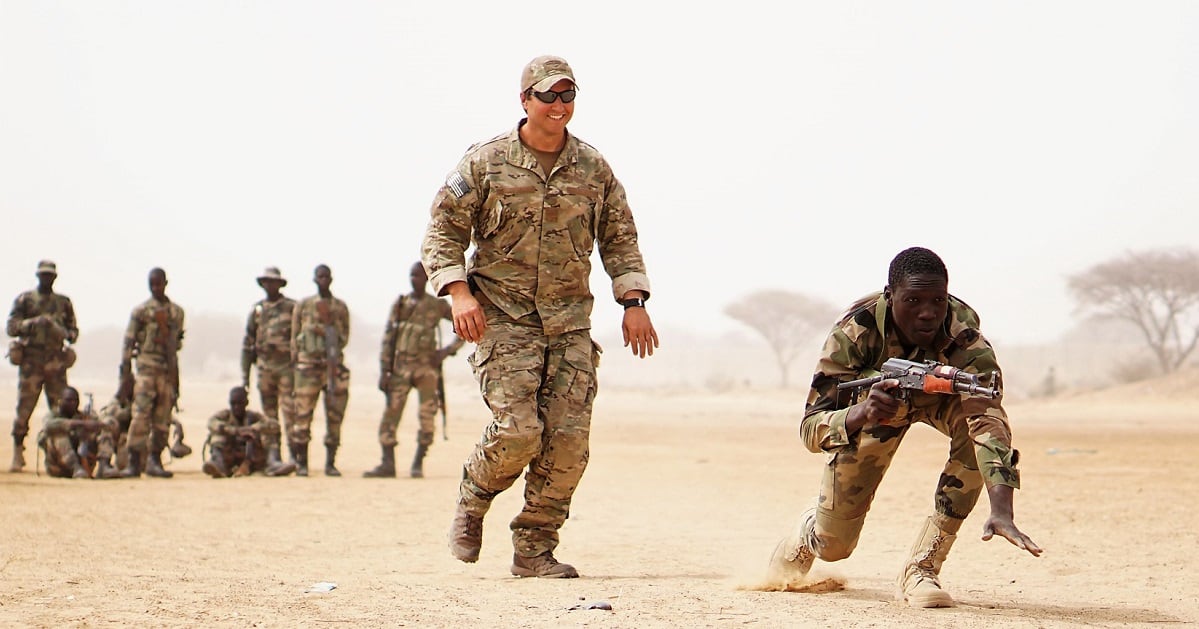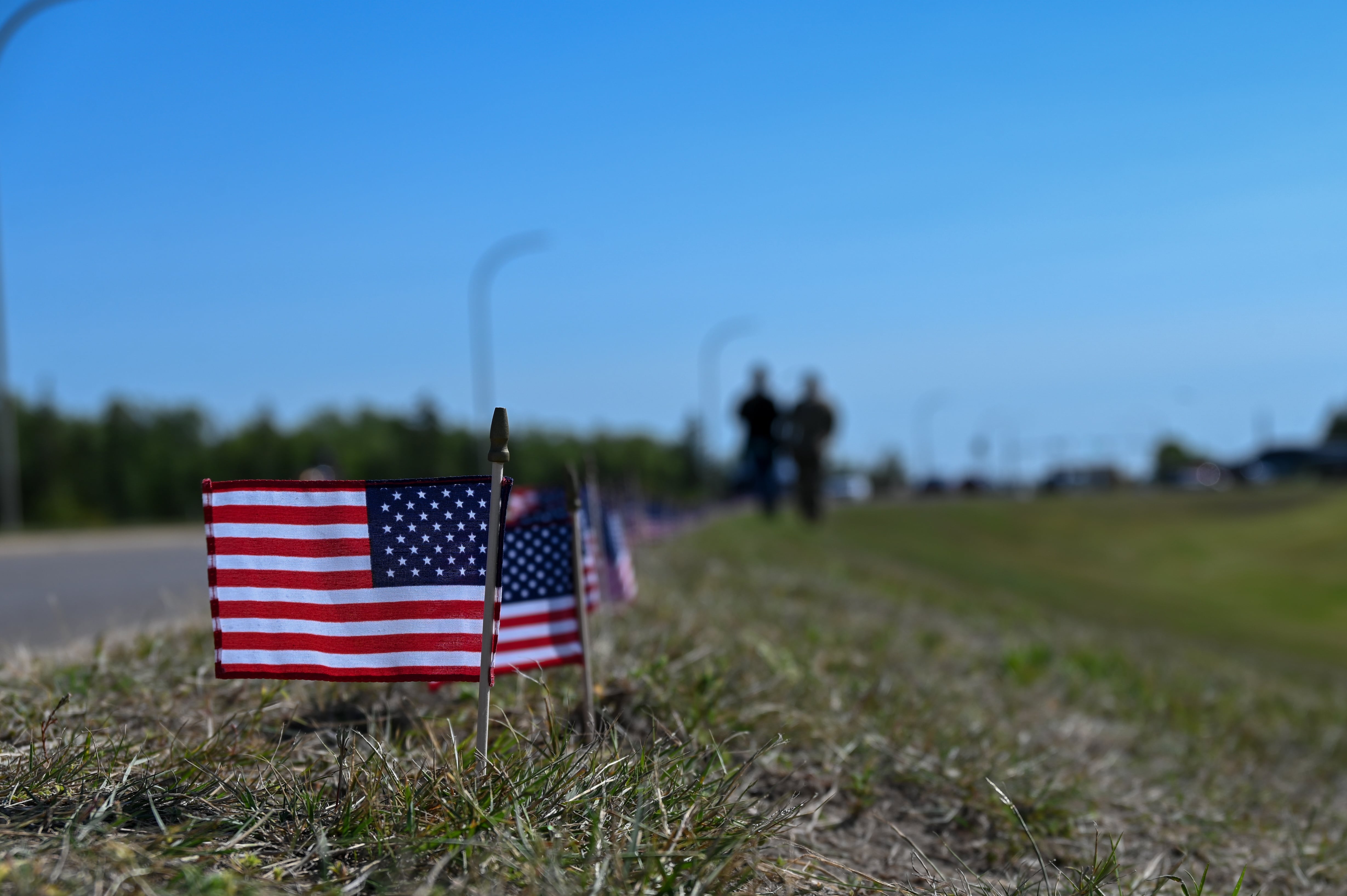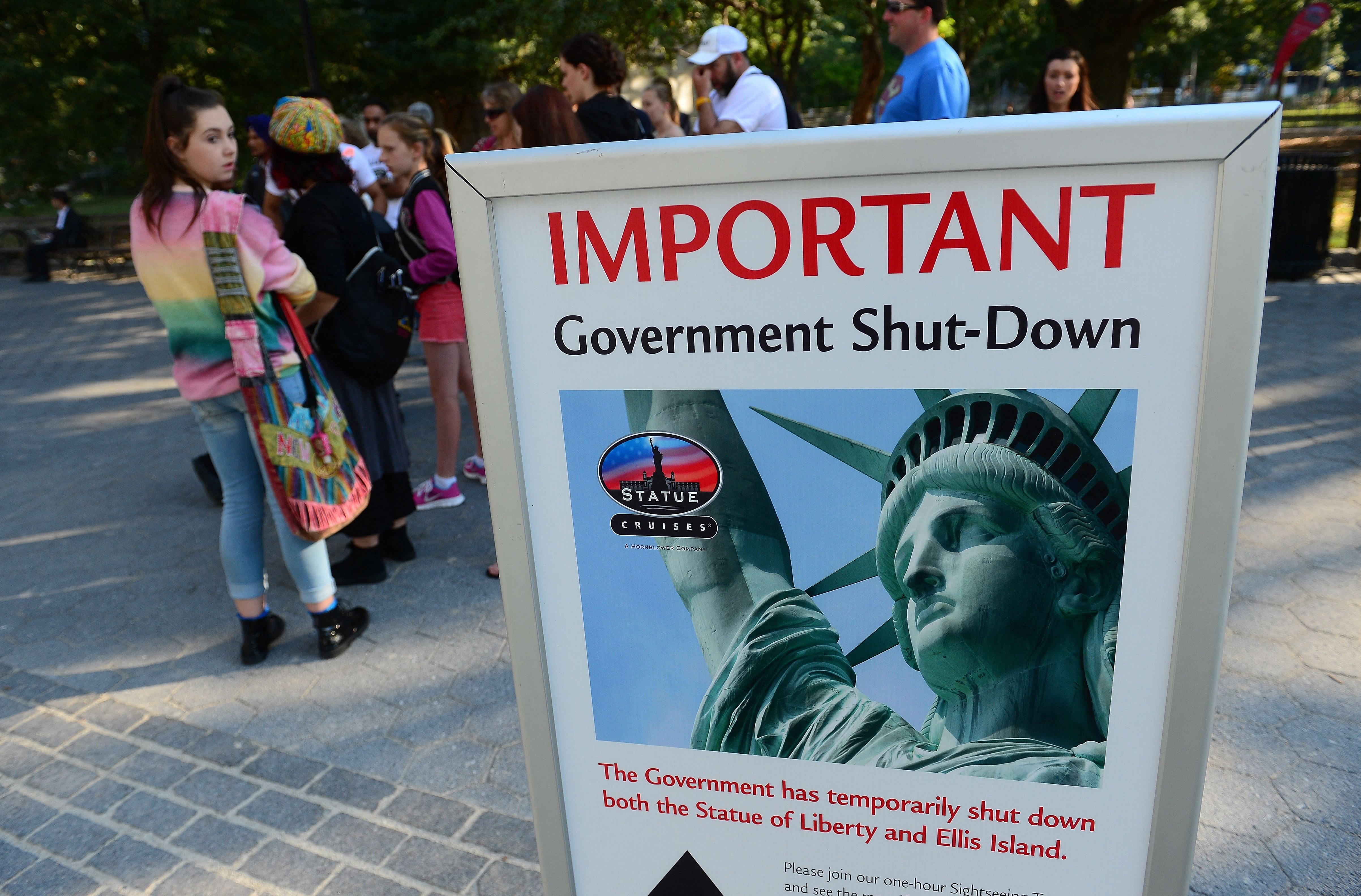Sept. 11 is now woven into the fabric of the United States because it marks the day terrorists from abroad hit at the heart of the American homeland.
Since that day, Americans have committed to keep terrorism and its evil away from our shores.
Today, even as new recruits raise their right hands to swear to protect and defend the U.S. against its enemies, many have no recollection of that fateful day. I hope they never have to experience the shock and overwhelming grief we experienced 18 years ago.
While most terrorist acts occur in other parts of the world, the threat to the U.S. still exists.
One of the areas where terrorism resides is on the African continent. In Africa, al-Qaida, the Islamic State, al-Shabaab, and Boko Haram are household names. Some of these groups continue to plot against U.S. targets, both in Africa and the U.S. Some forget that al-Qaida attacked U.S. embassies in Kenya and Tanzania preceding their Sept. 11, 2001, attack. With their continuing aspirations to attack U.S. interests, countering violent extremist organizations remains vital to our national security.
Because the threat posed by terrorist organizations based in Africa is not always in the forefront, Americans must be reminded, even on solemn days, that engagement in Africa is in America’s best interests.
RELATED

Keeping terrorists off balance and off U.S. shores requires deliberate, active engagement and a lot of hard work. This becomes even harder with complex mission priority decisions in an era of reduced resources.
America’s best defense begins with an understanding of these threats, why it is important to confront them, and why engagement in Africa is in our best interests. We need to keep this understanding firmly in our minds lest we de-prioritize engagement in Africa and have to relearn the tragic lessons of the past.
My appreciation for the challenges and opportunities in Africa reached new levels eight months ago, when I joined the U.S. Africa Command team. Since then, I have witnessed the reality of tough decisions and exceedingly complex problem sets — for example, the reaction of many African nations to the reduction of U.S. forces on the continent. Many Africans view the move as the U.S. walking away from the continent. While not true, it introduced a very dangerous perception that Americans don’t care.
It also became clear that several African partners were interpreting the heightened focus on China and Russia as a pivot away from the effort to counter violent extremist organizations. With the preponderance of headlines and attention on China and Russia, and lately Iran and North Korea, this was an understandable concern.
As we enter into what is often referred to as an “era of great power competition,” the fact is neither China nor Russia are great, they simply aspire to achieve greatness. What makes America a great power is more than the military might and economic power the U.S. possesses. America’s strength is its ideals, promises kept, and commitment to doing what is right.
This week in Washington, D.C., African ambassadors to the U.S. for Niger, Mali, Chad and Burkina Faso participated in an Africa Center for Strategic Studies conference and spoke of the deteriorating security situation in the Sahel, the region just south of the Sahara Desert.

At the seminar, African experts pointed to an increase in violent activity associated with Islamic militant group activity in the region.
They attributed the surge in activity to improved terrorist operational capability. In Africa, the Al Qaida-aligned al-Shabaab represents nearly half of militant Islamic group activity on the continent. This is the same al-Qaida responsible for the Sept 11, 2001, attacks.
Each African ambassador mentioned the value of what America and the West brings to the fight against these terrorist organizations. It was apparent that our efforts at building security capability and delivering broader, whole of government assistance make the U.S. the preferred partner for most in Africa as it weakens the violent extremist organizations’ grip on the region.
The effort provided in Africa is far from a U.S. go-it-alone endeavor, as many falsely believe. This is why it is important for the U.S. to work with international partners to address the terror organization challenge. While operations on the continent are African-led, the heaviest Western contribution in the Sahel is provided by the French, with support from the U.S. The U.S. primarily provides training assistance.
Looking beyond the mutual interest to combat terror organizations, if there is a desire to compete against China for influence on the Africa continent, our work to degrade violent extremist organizations provides a competitive advantage that can’t be replicated by others, including China.
China has definitely made clear its intention to compete on the African continent. It seeks to be a builder of a modern Africa. China funds nearly one in five projects in Africa, providing loans and state-owned companies that are building bridges, roads, and ports across the continent.
Where China is looking to have Africa rely on them, our objective is to build their self-sufficiency and capacity. We have the means to be the partner of choice for the nations of Africa.
Being a great power and a recognized superpower comes with responsibility. If we isolate ourselves and ignore external threats, we will eventually pay the price — with interest. America benefits from our partnership with Africa. It should not be forgotten that a mutual aim exists to remove the influence of violent extremists. After all, no American wants to relearn the lessons of Sept. 11th.
Air Force Col. Chris Karns is the spokesman for U.S. Africa Command. The opinions expressed do not necessarily reflect the views of Military Times or its staff.





